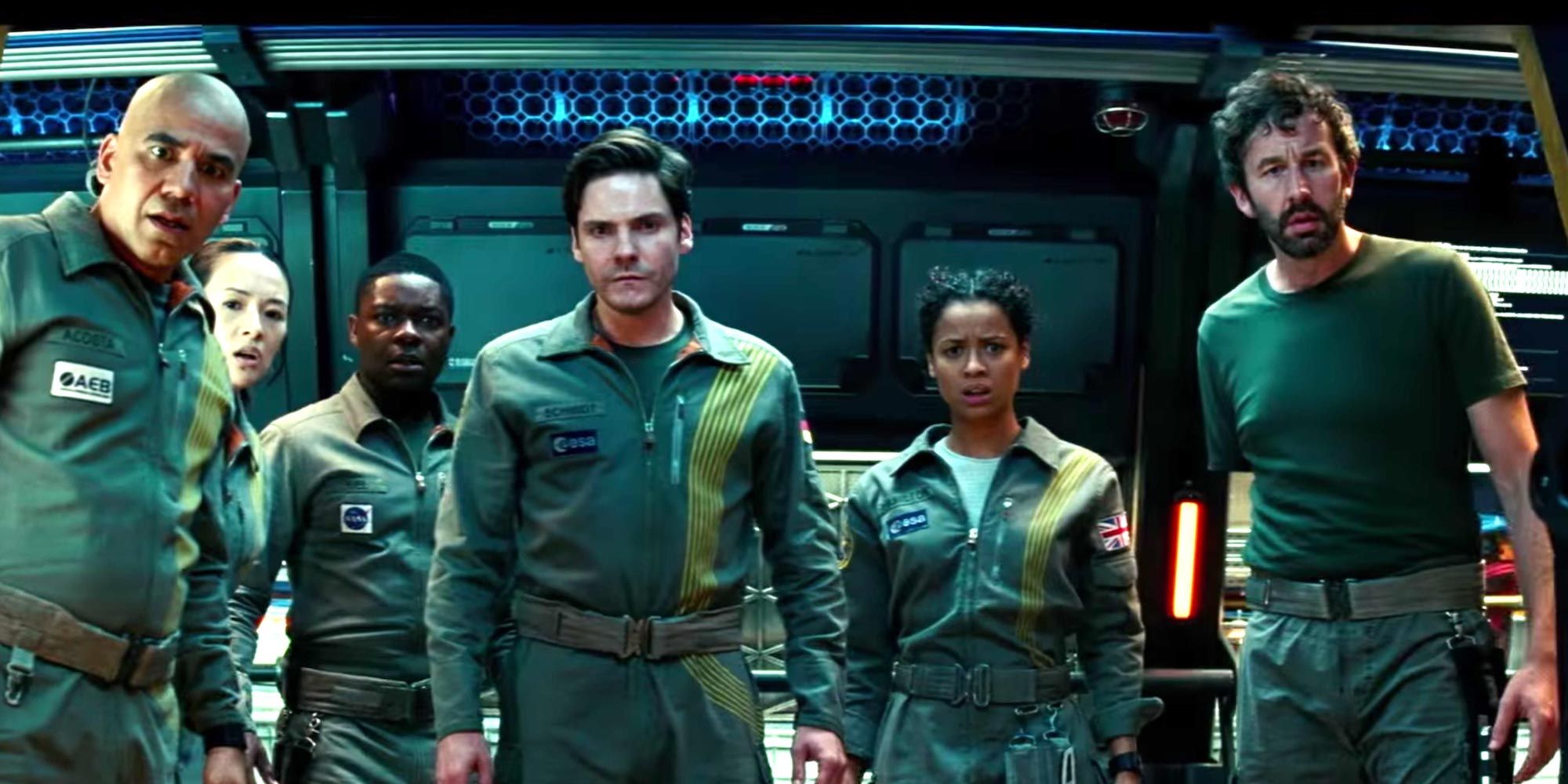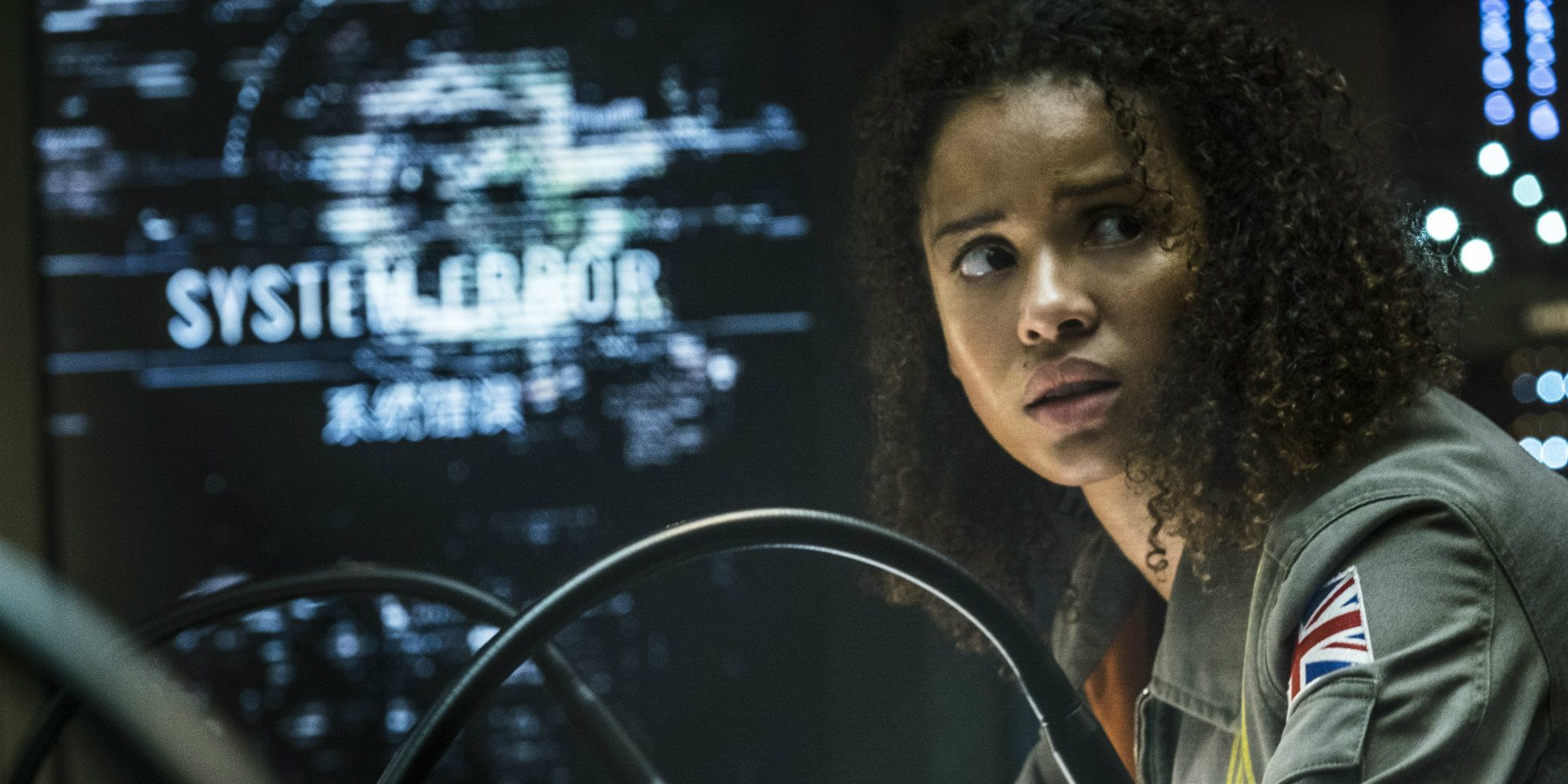Cloverfield and 10 Cloverfield Lane offered a refreshing twist on the disaster movie, but then third installment of the series, The Cloverfield Paradox, came along and completely undermined this potential franchise.
Cloverfield tells the story of a monster wreaking havoc on New York City, and its spiritual sequel 10 Cloverfield Lane follows a group of people in a bunker dealing with the fallout of a similar attack in Louisiana. Netflix's The Cloverfield Paradox takes place in a world where Earth is nearly depleted of its energy resources. The film follows a group of scientists in space who are testing a dangerous device that could provide unlimited power, but also runs the risk of creating a terrifying paradox.
Despite the fact that they are monster movies, the first films in the Cloverfield series are subdued and grounded. The Cloverfield Paradox took the opposite approach, which is only just the foundation of how this film undermined a potentially great horror franchise.
The Cloverfield Paradox Wanted to be a Blockbuster Film
Cloverfield was a smaller movie lacking a Blockbuster-level budget. This worked in its favor — it allowed the film to remain contained and focus on the characters in the story more than the disaster at hand. Its found-footage gimmick kept audiences on the ground with the core group of survivors. Only showing glimpses of the monster made it more terrifying. Audiences were truly connected to everything the survivors were feeling. As Cloverfield became a sleeper hit, 10 Cloverfield Lane had a little more clout than its predecessor. But it maintained the spirit of the original. The movie was literally contained to one location and didn't reveal its connection to the original movie until its final act. The Cloverfield Paradox was not nearly as well received as the first two movies in the film.
By following two successful movies, The Cloverfield Paradox got a little full of itself. As a Netflix film, it had a lot of money to work with. It threw that money at Blockbuster-level CGI. Much of the plot in The Cloverfield Paradox revolves around explosions, moving limbs, monster reveals and more. By leaning into these elements of the film, The Cloverfield Paradox ended up changing the genre of the entire series, from horror to sci-fi. That wouldn't necessarily be a bad thing, if it didn't mean that The Cloverfield Paradox ended up focusing on the wrong things. The film tries to hard to visually match action-filled Blockbuster movies that it loses focus on its humanity.
This move robbed The Cloverfield Paradox of the spirit of the first two films. If the rumored fourth installment in the franchise ever happens, the only way to salvage the franchise would be to go back to the style of Cloverfield and 10 Cloverfield Lane.


